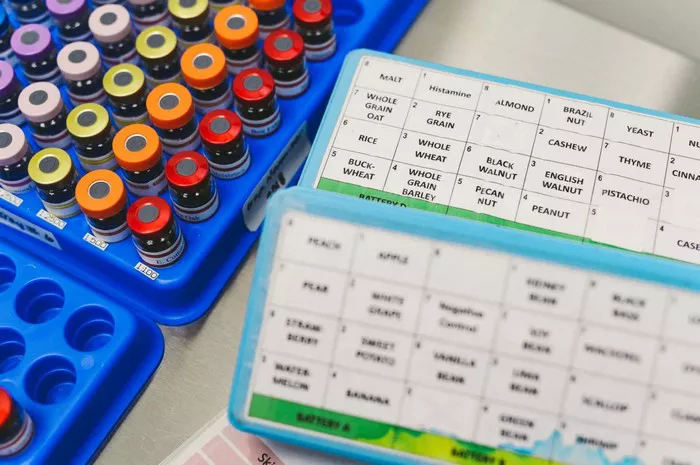Nashville, TN – November 19, 2024 – Research conducted at Monroe Carell Jr. Children’s Hospital at Vanderbilt University Medical Center has identified the use of antibiotics during an infant’s first year as a potential risk factor for developing asthma in childhood. However, the mechanisms behind this connection and how to mitigate its long-term effects remain unclear.
Dr. Christian Rosas-Salazar, an assistant professor of Pediatrics, Allergy, Immunology, and Pulmonary Medicine, leads the study aimed at pinpointing the age at which infants are most vulnerable to the asthma-inducing effects of antibiotic exposure. The research also seeks to uncover the biological pathways through which antibiotics may contribute to the onset of asthma.
“There are currently no strategies to prevent asthma, the most common chronic lung disease in children,” said Rosas-Salazar. “Understanding the mechanisms that lead to asthma in children who receive antibiotics in early life can help us develop interventions to prevent this condition.”
The study, titled “Effect of Infant Antibiotics on the Development of Early-Life Airway and Gut Microbiome and Risk of Childhood Asthma,” has received $4.1 million in funding from the National Heart, Lung, and Blood Institute. Over the next five years, Rosas-Salazar and his team will analyze data and biospecimens from various birth cohorts participating in the Environmental Influences on Child Health Outcomes (ECHO) Program, a National Institutes of Health initiative.
Previous research suggests that early antibiotic exposure may increase asthma risk by disrupting the infant microbiome. However, earlier studies lacked the precision to accurately identify the specific bacterial species and functions involved. “This is critical for designing effective interventions to mitigate the long-term negative impacts of infant antibiotic use,” Rosas-Salazar explained.
The ultimate goal of this research is to inform the development of microbiome-based therapies, such as probiotics or bacterial products, that could safely accompany antibiotic treatment in early life. “Our objective is to address a critical and unmet need,” Rosas-Salazar added. “The findings could lead to innovative strategies for preventing childhood asthma in infants requiring antibiotics.”
Related Topics:
-
The Study Links Nasal Autoantibodies With The Prediction Of COVID-19 Severity
-
The Synergistic Effect Of Nutrition And Traditional Medicine On Overall Health And Well-Being

